During the coronavirus crisis that has been raging since March 13 this year, Bulgarian business is showing solidarity and social responsibility every day. And this is happening as business is severely affected by the pandemic and is suffering blow after blow, helplessly watching plans fail, sales drop and deliveries stop, as an economic catastrophe is slowly approaching.
However, there is a golden rule that you first need to put your house in order before you start fixing the world. That is why employers first decided to earmark considerable resources to keeping their human capital, which, despite the cliché, has proved to be the most valuable asset of business. Almost everywhere in the country, small, medium and large companies have taken measures to protect the health of their employees and workers. Protective masks, gloves, protective clothing, disinfectants, vitamins, mineral water, hot drinks are given free of charge. Workplaces are regularly disinfected and every effort is made to limit social contacts, most often by allowing employees to work from home. In activities where work cannot be carried out without the physical presence of workers, emphasis is placed on protection and the strict enforcement of restrictive measures taken by the authorities.

But Bulgarian business is not only socially responsible to its employees. It is actually involved in everything that is happening in relation to combating the pandemic in the country. The economic crisis that has already broken out is significantly reducing the financial capacity of businesses, but they are still continuing their charity and donation campaigns. Funds are being provided for protective equipment for medical staff at hospitals, for respirators, for equipment of new laboratories for coronavirus tests, for the repair and reconstruction of hospitals and clinics. The donations made by business in just ten days totalled nearly 2.7 million euros. The biggest beneficiaries are three major hospitals in Sofia - Alexandrovska, Pirogov and Military Medical Academy. But in the rest of the country, business is also not indifferent to what is happening. In many cities, local economic organizations have made efforts to support local health facilities and disadvantaged families.
Many companies, on the other hand, have decided to help in the difficult times of crisis, transforming their normal production and starting producing the most urgently needed protective equipment. In Bulgaria, the textile and clothing industry is very well developed and has big capacity. It is precisely such private enterprises that have started to manufacture masks, goggles, protective clothing and gloves for citizens and for the medical staff on the front line against COVID-19.

To make business involvement even more tangible in the fight against coronavirus, employers' organizations have proposed the creation of Crisis Economic Council to assist the government with competent advice, recommendations and coordination aimed at directing the work of the business community in areas that are most important to date.
All this shows that not for all businesses profits come always first. On the contrary, when necessary, direct economic interests are displaced by social responsibility and solidarity, showing the human face of Bulgarian business.
English: Alexander Markov
Photos: BTA and BGNESThe Ministry of Innovation and Growth has presented the country’s first interactive investment map . The platform aims to provide Bulgarian and foreign investors with useful and up-to-date information in one place, making it easier for them to make..
The Bulgarian state-owed natural gas supplier Bulgargaz has proposed that the price of natural gas for November increases by around 8% to nearly 66 BGN per megawatt-hour, excluding fees and taxes, reported BNR's journalist Yuliana Kornazheva. The..
The growth of the national economy in the second quarter of 2025 accelerated by 3.5% on an annual basis. According to an analysis by the Bulgarian National Bank - BNB, the main factors for the acceleration are the decrease in imports..

+359 2 9336 661
